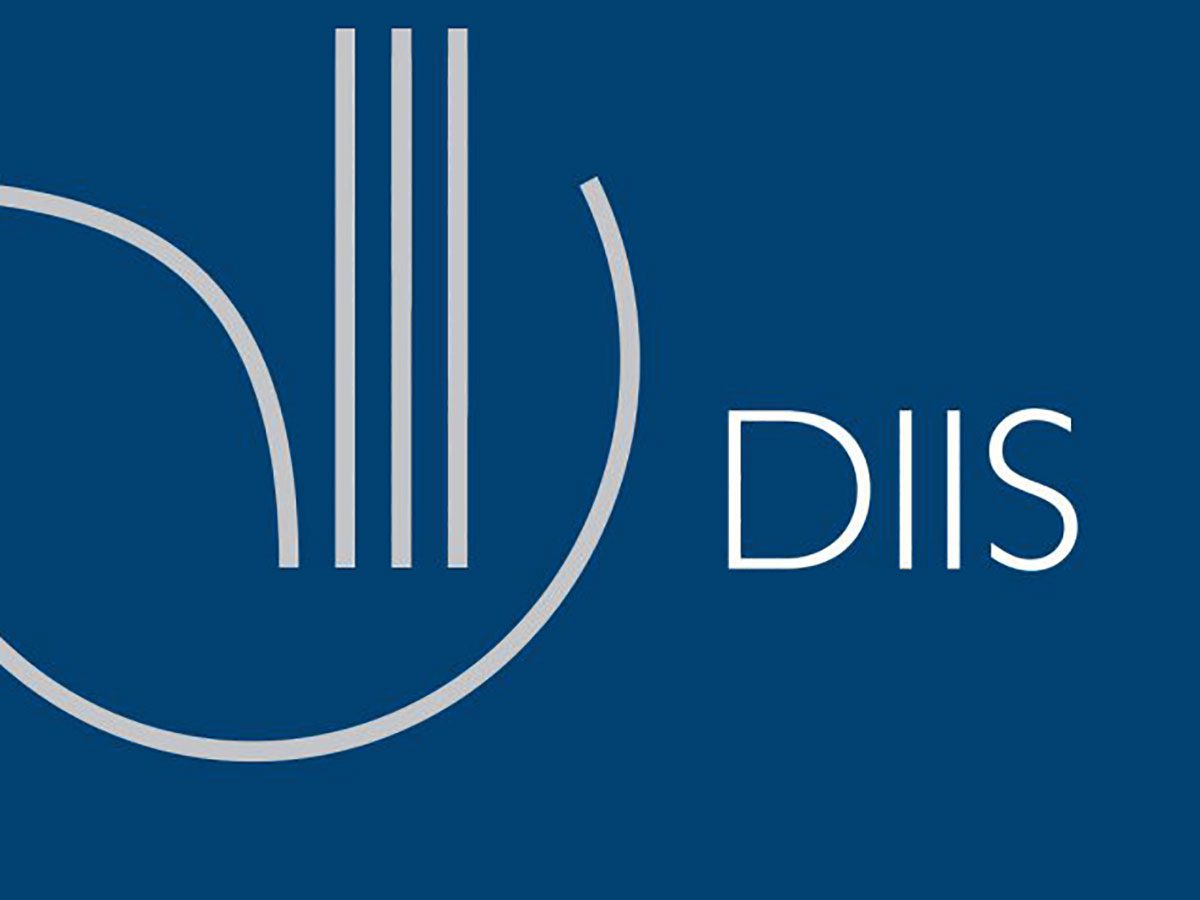1.4K
Application Deadline:15 October 2018, at noon.
Security Implications of United Nations Peacekeeping in Ghana
Advance theoretical, research-based and policy-applicable knowledge on the domestic security implications of Ghana’s contributions to UN peacekeeping
University of Ghana, Kofi Annan International Peacekeeping Training Centre (KAIPTC), Danish Institute for International Studies (DIIS), and Danish Institute Against Torture (DIGNITY) are undertaking a collaborative research project on the Domestic Security Implications of United Nations Peacekeeping (D-SIP) in Ghana. D-SIP’s objective is to understand the linkages between peacekeeping contributions, domestic security provision and drivers of stability in Ghana. By producing knowledge on how participation in international peacekeeping shapes the legitimacy and effectiveness of security institutions and practices in troop contributing countries, D-SIP offers insight into broader dynamics of peace and state-building.
Since the early 2000s, UN peacekeeping has increased in scope and complexity. The global spend in 2016 was $7.87 billion with 118,792 personnel deployed to 16 operations. The sustainability of UN operations depends on countries from the global South that constitute the top ten troop contributors. Their motivations to provide peacekeepers are economic, political, institutional and normative. However, knowledge is lacking on how peacekeeping participation impact on domestic security and stability in troop contributing countries, both at national and local levels.
As part of the D-SIP programme, the University of Ghana invites interested and qualified citizens of Ghana, holding MPhil/MA/MSc/LLM degrees in law, social or political sciences, to submit their applications for 3 PhD positions. The successful candidates will be enrolled at the Institute of African Studies at the University of Ghana and receive a PhD in African Studies with a specialisation in security and peacekeeping. They will be supervised by a joint team of D-SIP researchers from the University of Ghana, KAIPTC, DIIS and DIGNITY.
The candidates will spend their experiential learning attachments at DIIS and KAIPTC, including study stays and thesis writing time at both institutions, in Accra and Copenhagen, respectively. The candidates will be fully integrated members of the D-SIP research team.
Benefits:
- The successful candidates will receive a stipend throughout the 4-year period of their studies, and all costs for fieldwork, PhD training-related travel, and conferences abroad will be covered by D-SIP.
The positions are for four (4) years full-time and will commence on 1 February 2019 or as soon as possible thereafter. While undertaking qualitative fieldwork in Accra, Tamale and/or another location in rural or urban Ghana, the three successful PhD candidates will each adopt a specific thematic focus, for example:
- National level organisation of security and how it has been influenced by Ghana’s peacekeeping experience;
- How security is provided in Accra, and trace how Ghana’s experience of peacekeeping has shaped local-level policing; and
- How security is provided in Tamale, and trace how Ghana’s experience of peacekeeping has shaped local-level policing.
- Any other theme related to security provision and peace-keeping in rural or urban Ghana.
The candidates are expected to conduct up to 8 months of ethnographic fieldwork, and to participate in teaching at the University of Ghana.
The successful PhD candidates will contribute to the overall research objective of identifying the domestic security implications of UN peacekeeping contributions in Ghana.
D-SIP is funded by the Danish Ministry of Foreign Affairs.
Eligibility
Successful candidates are required to:
- Hold a master’s degree in the social sciences, political science, law or inter-disciplinary studies.
- Be highly motivated to develop a scientific career, and to pursue doctoral studies according to the approved study plan.
- Possess and demonstrate good scientific writing skills.
- Have a strong methodological and conceptual background in the relevant scientific disciplines or areas.
- Ideally have ethnographic fieldwork experience.
- Ideally have worked with security related issues in Accra, Tamale or elsewhere.
- Be a constructive and engaged team worker
Application Process
Potential applicants are invited to prepare a 4-5-page concept note (maximum 2,000 words) which, with reference to the selected PhD focus (please select from above), outlines a detailed focus for the proposed PhD project as well as research assumptions and questions. Applicants, who wish to apply for the PhrD position under two or more thematic areas, should develop a separate concept note for each of the focus areas. The following details must be included in the concept note:
- Statement of the research problem and how it will be investigated through more specific research questions.
- Discussion of the analytical framework of the research problem in light of relevant theory.
- Description of the geographical and socio-political context of the study (Accra/Tamale).
- Presentation of the research design and the methods that will be employed to generate the data.
- Practical considerations.
- Ethical considerations.
- Time plan.
Please make sure to clearly indicate which of the PhD positions you apply for.
In addition to this concept note, the application should be accompanied by a CV, including a list of publications as well as names and contact details of a 2-3 academic references.
Deadline for application is 15 October 2018, at noon.
The application should be submitted online to Dr Richard Asante via rasante@ug.edu.gh and richasagh@yahoo.com, with copy to Dr Kwesi Aning (kwesianing2002@yahoo.com), Professor Dzodzi Tsikata (dtsikata@ug.edu.gh), Dr Peter Albrecht (paa@diis.dk), and Professor Raymond Atuguba (atugubaatuguba@yahoo.com). All five can be contacted for more information on D-SIP.
For More Information:


1 comment
Dear madam/sir,
This is Natnael, geodesy and Geo dynamics researcher, in Ethiopian Space Science and Technology Institute, but I strongly need your help to get PhD program in geodesy or remote sensing. Don’t forget as you provide strength and hope for one simple creature!!!
Thank you for your kind cooperation.
Best regards,
Natnael.A (MSc in Geodesy and Geomatics engineering)